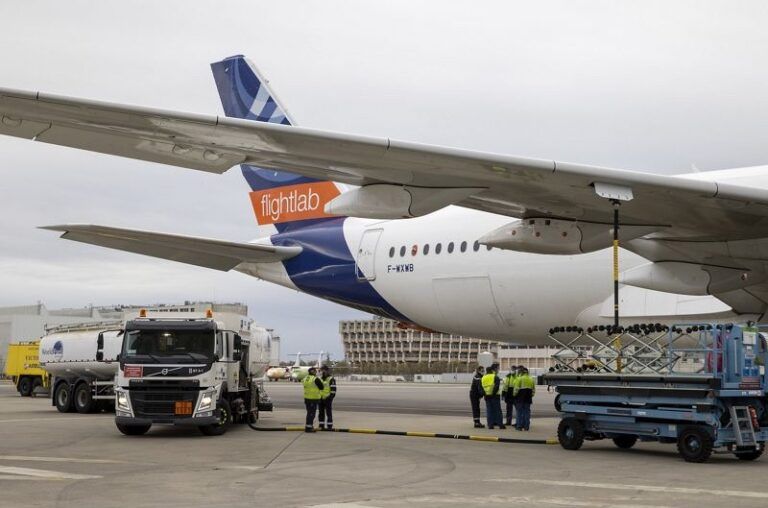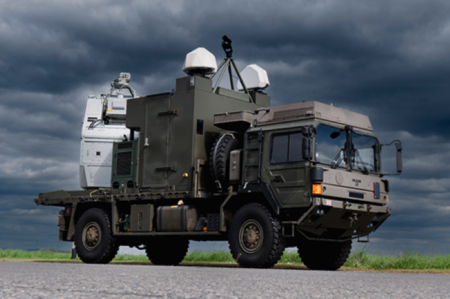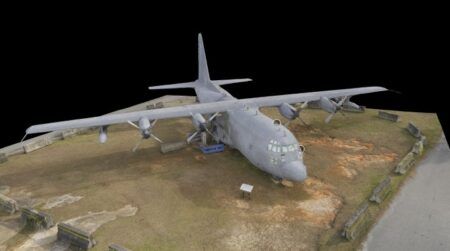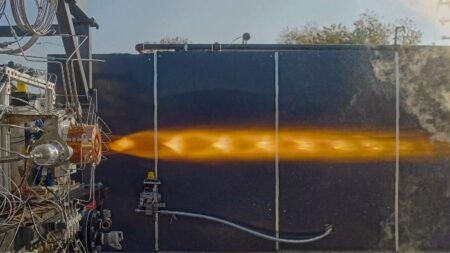Airbus, Rolls-Royce, Neste and DLR are to conduct one of the largest trials yet of fuelling large commercial airliners with a 100% biofuel blend.
The Emission and Climate Impact of Alternative Fuels (ECLIF3) project will be the world’s first study of the in-flight emissions produced by a wide-body commercial passenger aircraft running off 100% sustainable aviation fuel (SAF).
Under global rules overseen by the body ASTM International, the current maximum blend ratio of biofuels and conventional jet fuel that can be used in aircraft is a 50/50 one.
The SAF will be produced with HEFA (hydroprocessed esters and fatty acids) technology and provided by Finnish biofuel company Neste.
DLR has already tested SAF produced by HEFA technology at various blends on the ground and during flight using the Airbus A320 ATRA (Advanced Technology Research Aircraft) in 2015 and in 2018 with NASA.
Boeing’s annual ecoDemonstrator test program has also tested various biofuel blends on commercial passenger airliners. Last year a 50/50 mix was flown on a 787 between Seattle and North Charleston in the USA.
The ECLIF3 study, which is also examining the effects of SAF on aircraft performance, will consist of a series of ground and flight tests using an Airbus A350-900 aircraft powered by Rolls-Royce Trent XWB engines this year.
The first engine tests for the project, including a first flight to check operational compatibility of using 100% SAF with the aircraft’s systems, was done at Airbus’ testing facilities in Toulouse, France, earlier this week.
The flight-emissions tests are planned to be conducted in April and Autumn this year. During the flight tests DLR’s Falcon 20-E chase plane will carry out measurements to investigate the emissions impact of using SAF.
At the same time ground tests that measure particulate-matter emissions will indicate the environmental impact of using SAF on airport operations. The results of the tests will be compared against the emissions from fossil kerosene and low-sulphur fossil kerosene.
Additional measurement and analysis for the characterisation of the particulate-matter emissions during the ground testing will be delivered by the UK’s University of Manchester and the National Research Council of Canada.
Steven Le Moing, new energy programme manager for Airbus said, “Aircraft can currently only operate using a maximum 50% blend of SAF and fossil kerosene. This collaboration will not only provide insight into how gas-turbine engines function using 100% SAF with a view to certification, but identify the potential emissions reductions and environmental benefits of using such fuels in flight on a commercial aircraft too.”
Dr Patrick Le Clercq, ECLIF project manager at DLR said, “By investigating 100% SAF, we are taking our research on fuel design and aviation climate impact to a new level. In previous research campaigns, we were already able to demonstrate the soot-reduction potential of between 30 and 50% blends of alternative fuels, and we hope this new campaign will show that this potential is now even greater.”





